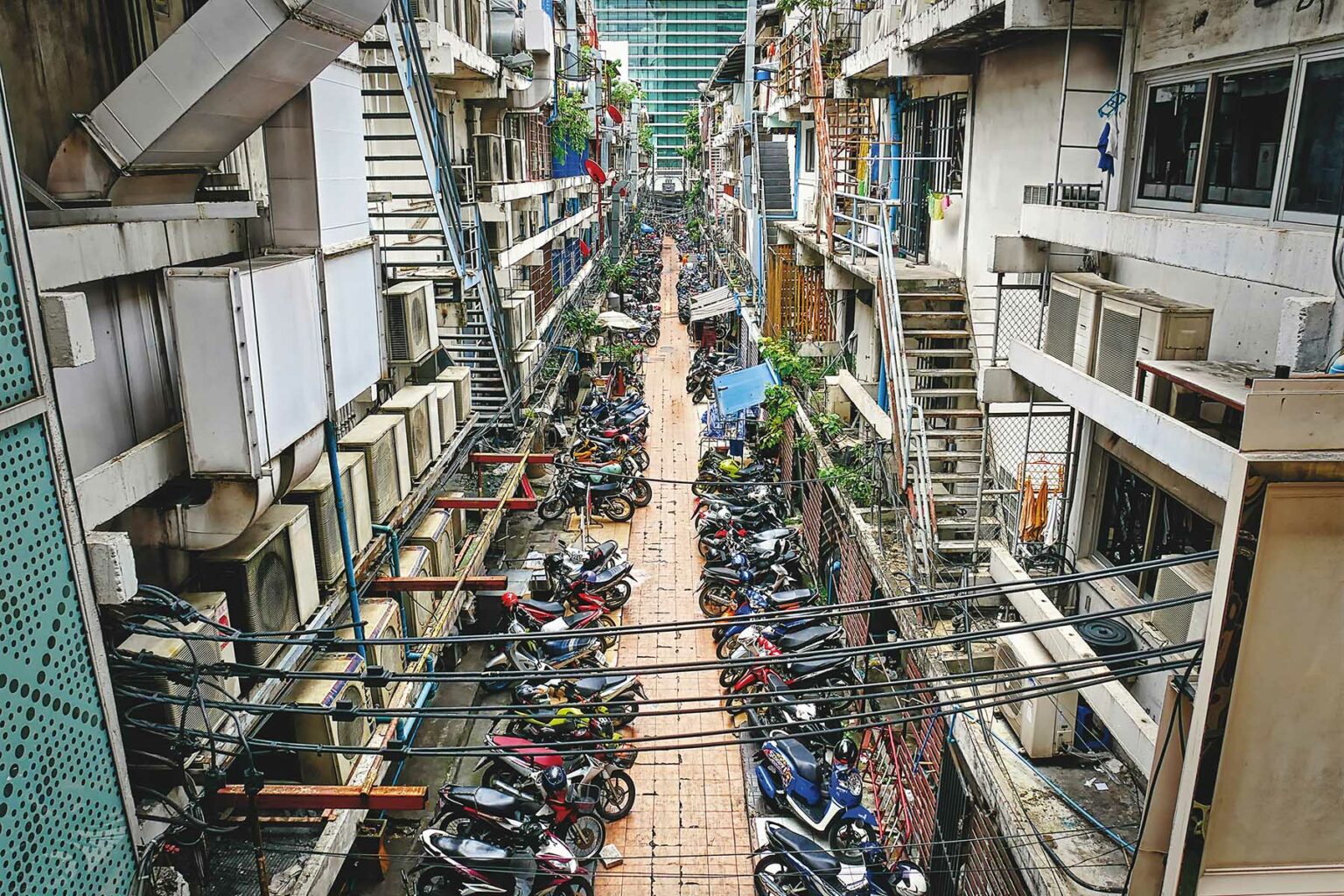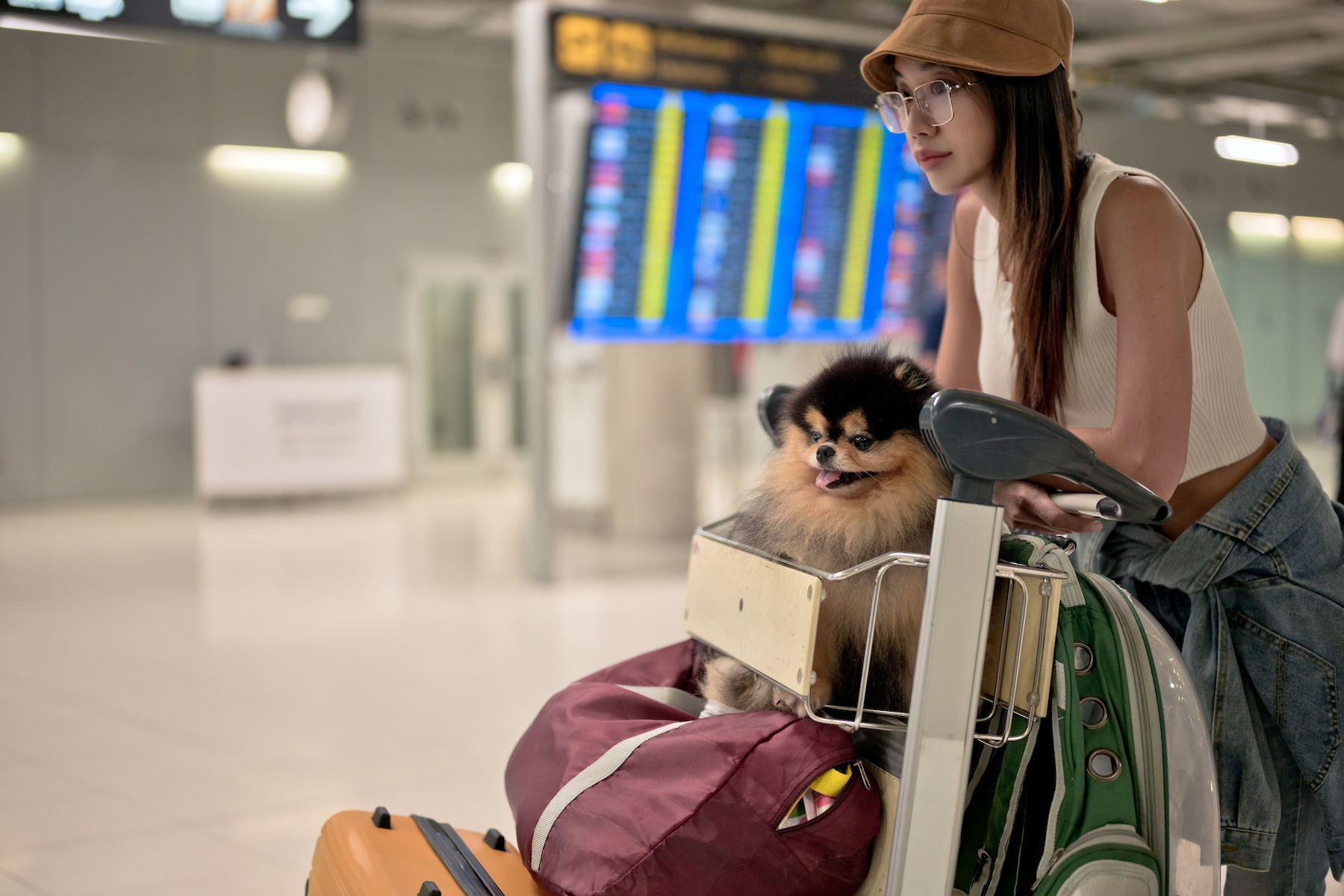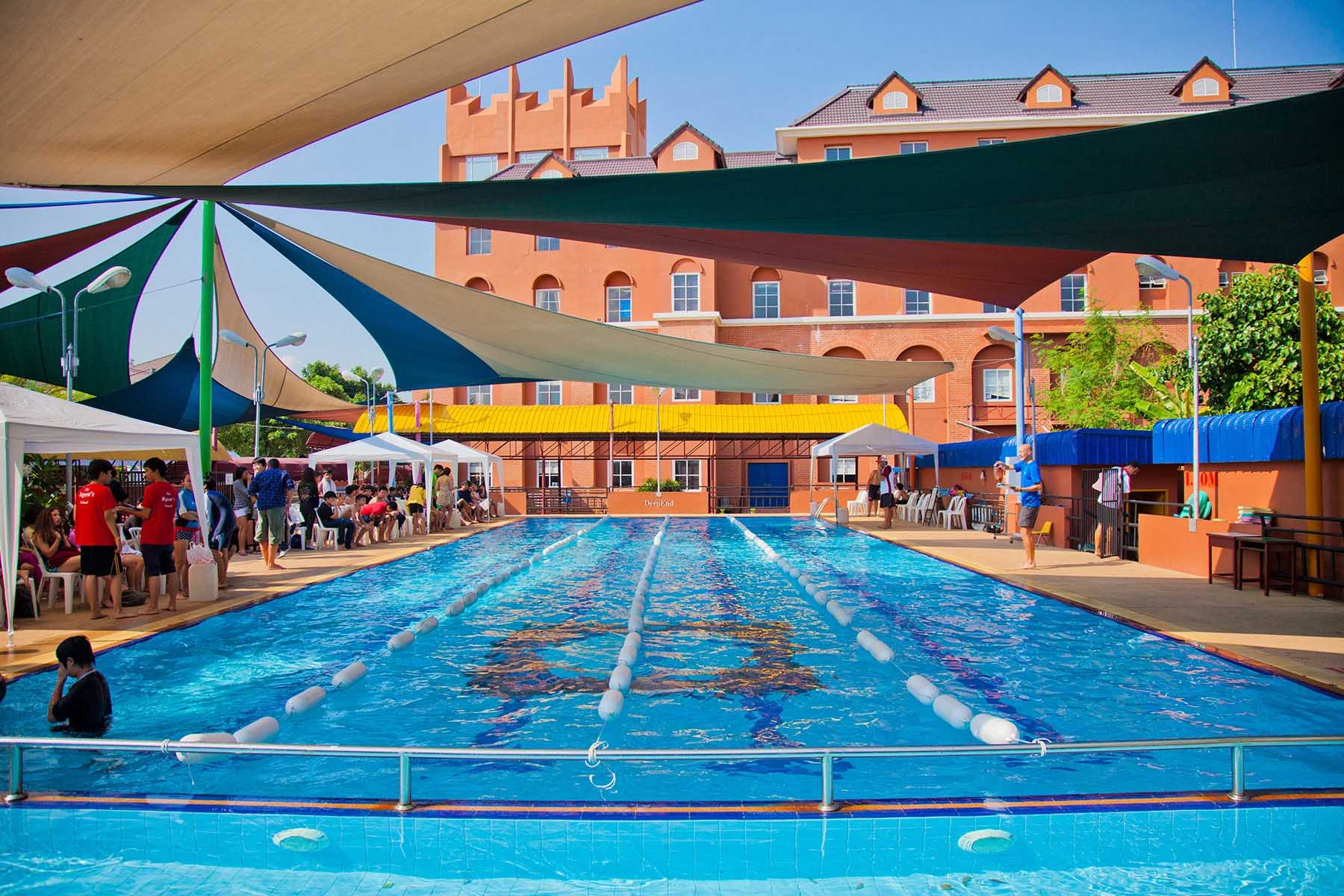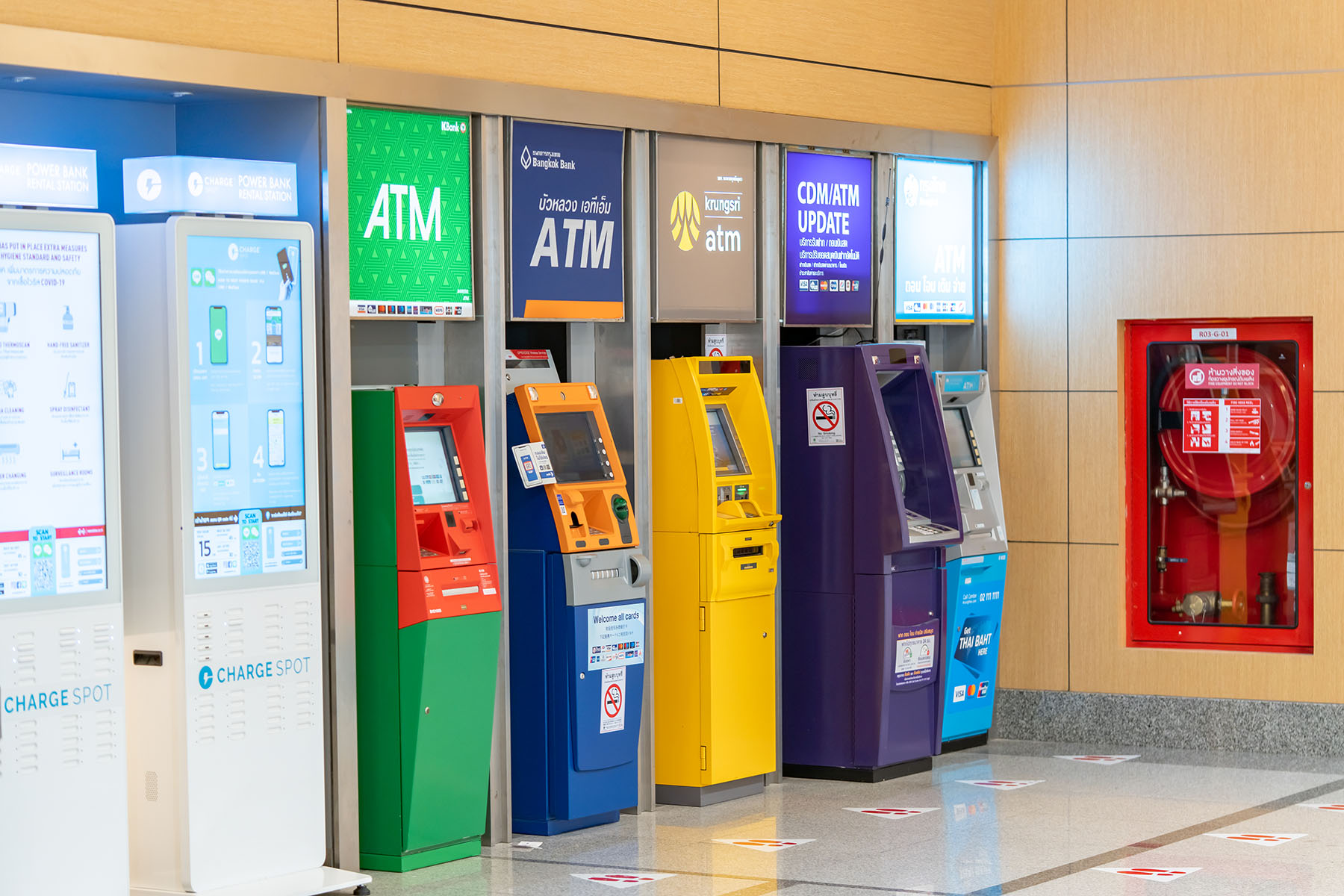While some people can just switch countries at the drop of a hat, others will need a little bit more time to think things through. If you fall into the latter category, this article has got you covered.
From organizing your visa to finding housing, here’s what you need to do before moving to Thailand:
- Do your research
- Decide where to live
- Arrange your visa
- Transport your belongings
- Move your pet to Thailand
- Sort out your health insurance
- Start looking for a job
- Look into childcare and schooling options
- Sort out your finances before making the move to Thailand
- Get an international driving license/permit
- Start learning the Thai language
- Delve into Thailand’s culture
- Useful resources for moving to Thailand
Do your research
When moving to any country, including Thailand, it’s recommended to do some research first. That way, you can find out if life there matches your priorities and expectations. After all, spending longer exploring information on your new home is better than spending months regretting the move.
For example, Thailand might not be the right place for someone looking for lots of international culture or big fans of snow sports. However, it could be the ideal place for a nature lover or someone who wants to learn about the diverse cultures of Southeast Asia.

Some things you should consider include:
- Cost of living: Thailand is a reasonably affordable country, but make sure it meets your expectations for your budget.
- General quality of life: Depending on where you live, you can enjoy a reasonably high standard of living.
- Life for expats: Thailand is a popular place to live among internationals, so you’ll have plenty of opportunities to meet other immigrants.
- Weather and climate: if you don’t like the cold, this could be just the place for you.
- People and culture: Thailand is well known for its friendly people and rich cultural history.
- Laws and customs: This area can sometimes be challenging for newcomers.
Decide where to live
Thailand has many great places to live. While your job might dictate the city you move to, you can still choose a district to live in. In Bangkok, for example, you’ll want to consider transportation options, access to green spaces, and how far you are from school or work.
On the other hand, if you have the freedom to choose where to live, you’ll have a lot more options. For example, Bangkok is an exciting city, but you could also consider the mountains of Chiang Mai (or the beaches of Phuket and Koh Samui.
Find a place to stay
Before you make the move to Thailand, one of the most important things to do is to organize somewhere to stay. If you’re looking for somewhere long-term, you might start by renting a serviced apartment for the first few weeks. During that time, you can look for houses to rent or condos to buy.

Local expert
Jane Evans
Insider tip
Facebook groups are very popular amongst immigrants in Thailand. They can be a great way to find both short-term and long-term living options. Simply search on Facebook for ‘expats’ and the name of the city you plan to move to.
Arrange your visa
Depending on where your passport is from and where you currently live, you may need to apply for a visa before leaving home. The Thai E-visa website can advise you on which category of visa you require. While organizing a permit after you arrive is possible, this can make the process more costly and complex.
Many long-term visa options require quite a bit of time to organize. You’ll need paperwork from your employer, school, or other organization. This means it’s a good idea to put researching your visa options at the top of your planning list.
Transport your belongings
If you plan to move to Thailand, you’ll want to bring some of your personal belongings with you. Luckily, international removal options are plentiful, although they can be costly. It’s usually a good idea to downsize your belongings before moving.
When choosing a company, make sure they can help with all the import paperwork. This will ensure your belongings arrive quickly and without a mountain of import duties.

Many people recommend asking a Facebook group for expats in Thailand about items you’ll miss from home. This can help when creating your packing list – you can add a few essentials and treats from home to stop you from getting homesick.
Unfortunately, it’s no longer possible to import used cars into Thailand. This means you’ll need to leave your beloved wheels at home.
Move your pet to Thailand
Like many other countries, it’s generally possible to bring your pets with you when moving to Thailand. But remember, restrictions may vary based on the country you’re coming from. However, there aren’t any breed restrictions.
When importing a pet, do expect a lot of paperwork – you’ll need various health certificates and a pet import permit (ใบอนุญาตนำเข้าสัตว์เลี้ยง). While it is possible to organize your own pet import, it can take the pressure off to hire a specialist company to deal with all the paperwork for you.
Sort out your health insurance
If you’re lucky enough to have a job offer in Thailand with a company that provides you with health insurance, you can skip this item on your checklist. For everyone else, though, getting health insurance to cover your Thai healthcare needs is essential.
If you’ll be living in Thailand for less than a year, a policy targeted at digital nomads might be right for you. Otherwise, you should get quotes from international and Thai insurance companies. Some multinational companies that provide insurance in Thailand include:
Start looking for a job
If you plan to come to Thailand to work, it’s best to find a job before you arrive. Luckily, there are a reasonable number of jobs available for foreigners in Thailand, although most are based in Bangkok. These include:
- International school teacher
- Language school teacher
- Software engineer
- Digital services
- Consultant
- Marketing roles
- NGO/International development roles
- Management

It’s important to note that there are some occupations in Thailand that foreigners are prohibited from doing. Make sure you’re aware of these and other working conditions by reading about Thai labor laws and typical salaries before you arrive. These are likely to differ from those in your home country.
Look into childcare and schooling options
If you’re bringing your children with you when moving to Thailand, it’s important to scout out suitable schools in your neighborhood. If your job provides a schooling allowance, they may have a list for you to choose from. Otherwise, many newcomers to Thailand opt for international and private schools, where students can learn in a familiar language, such as English. There are many of these schools in the country, which have different fee levels depending on where you live.
If your children are younger than school age, Thailand is an excellent place for childcare options. Many people find that private nannies here are very affordable. While you should research this before you leave, you’ll probably want to wait to hire someone until after you arrive. Interviewing childcare professionals in person is generally a good idea.
Sort out your finances before making the move to Thailand
Before moving to Thailand, it’s a good idea to have a clear idea of your finances and how you’ll manage them once you arrive. While you’ll need to be in the country to open a bank account with a local bank, it’s useful to understand the process.
It’s also a good idea to have an easy way to transfer money from your home country to Thailand. Transfer platforms such as Wise can help you with this.
You should also research any tax implications that come with moving to Thailand, as well as your pension options while living here.
Get an international driving license/permit
When you first arrive, you can drive in Thailand using an international driving permit. This should be organized before you leave home.
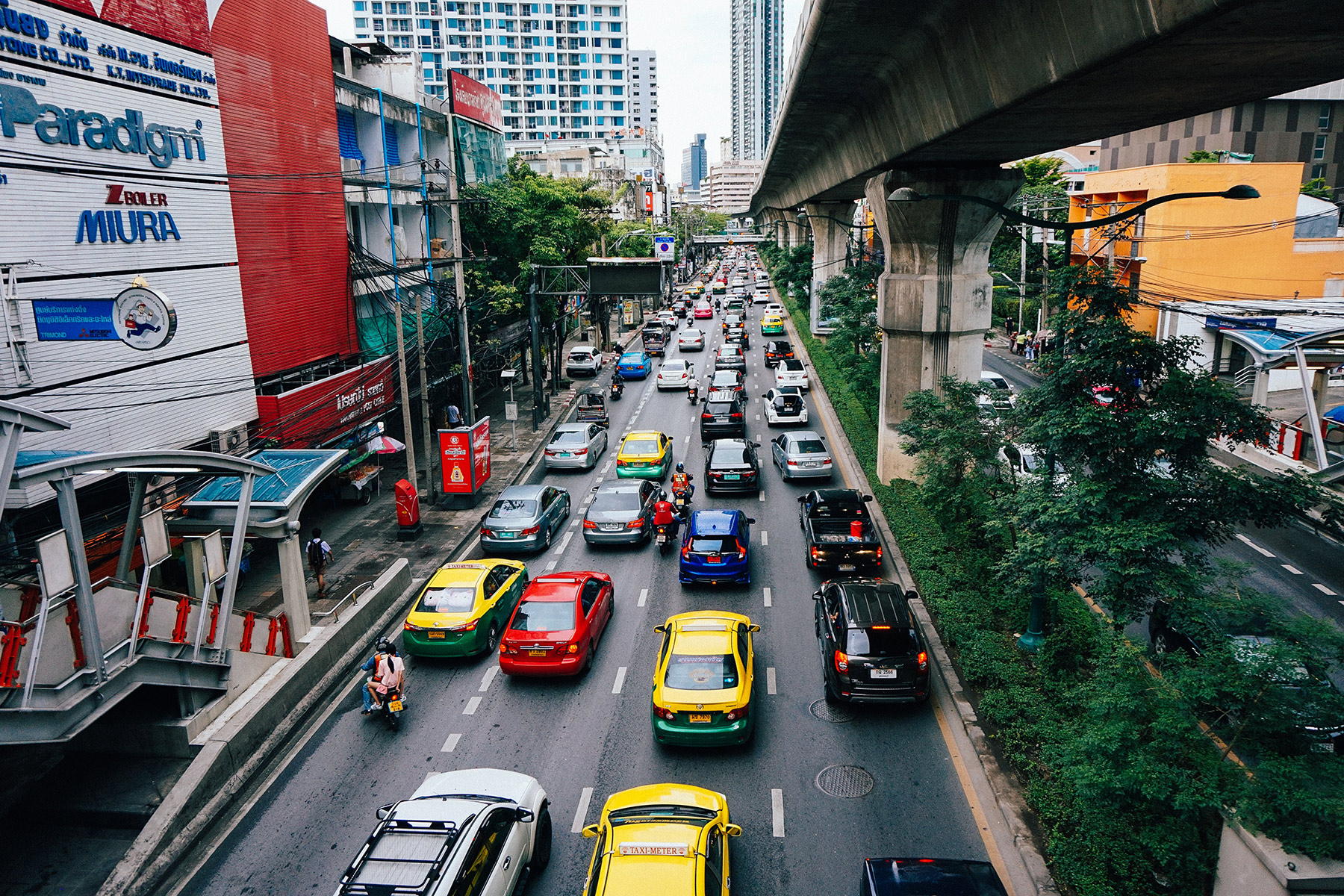
The international permit will also make it easier to apply for your Thai driving license, as many countries’ licenses can be converted into Thai ones.
Start learning the Thai language
When you first arrive in a new country, it’s nice to be able to say a few words and expressions in the local language. Many people start learning Thai before they arrive to make the transition smoother.
Luckily, there are quite a few apps that can help you with the language, as well as several other good-quality online resources. You could also consider researching language schools in your area.
Delve into Thailand’s culture
Thailand has a warm and welcoming culture, but it differs from many other countries in a few crucial ways. Learning about Thai culture before you arrive can make your transition smoother and more harmonious.
With any luck, you’ll arrive in time for one of Thailand’s many wonderful festivals, where you’ll be treated to a glimpse of the country’s famous sanook (fun, สนุก) attitude. And don’t forget to prepare for the fabulous fresh, spicy, and vibrant cuisine this country offers.
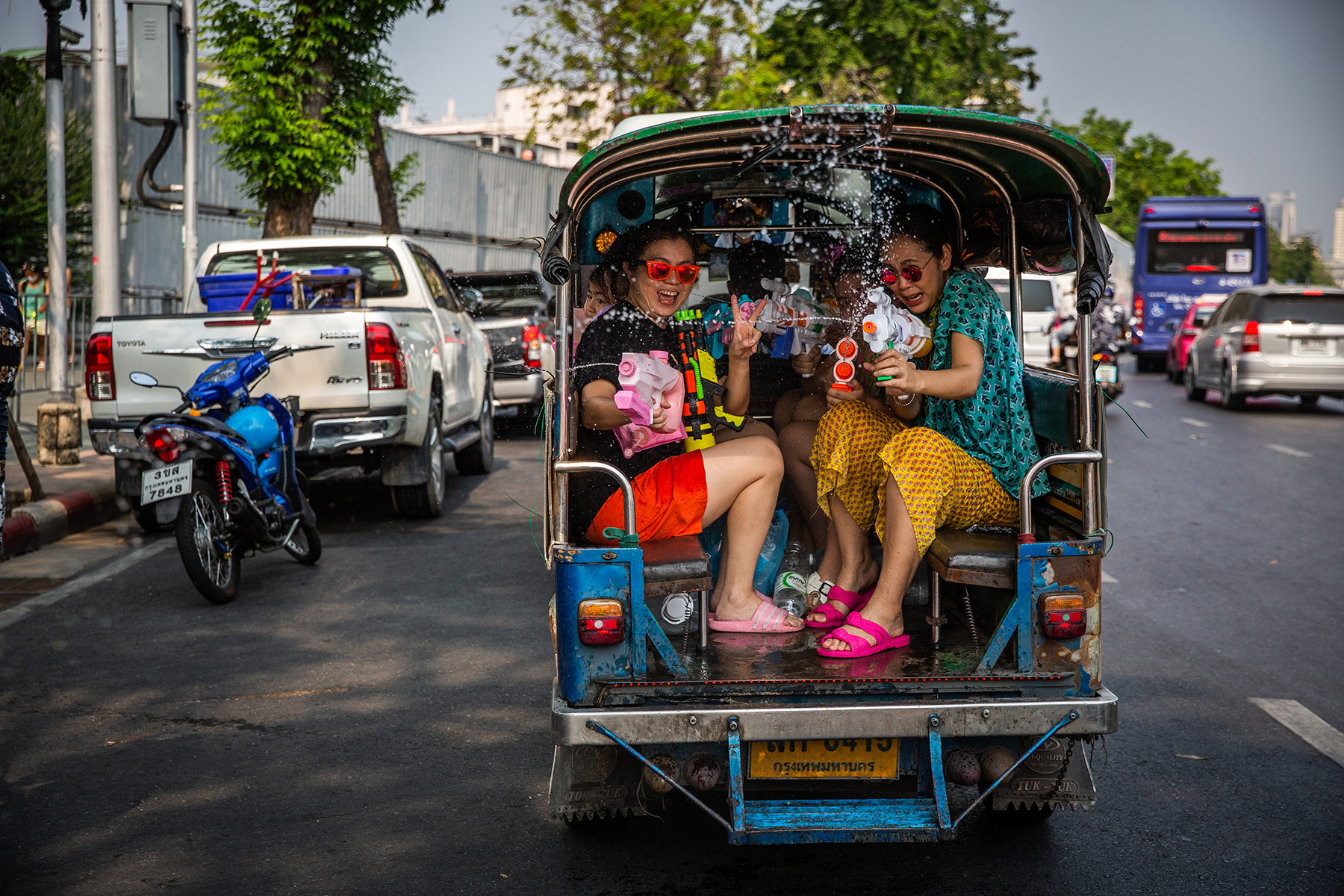
You can also help to get you and your family excited about the move by researching some beautiful places to visit. Thailand is home to many amazing beaches and national parks, as well as lots of child-friendly attractions.
With all these items ticked off your to-do list, you’re sure to have a great first week and more in Thailand!
